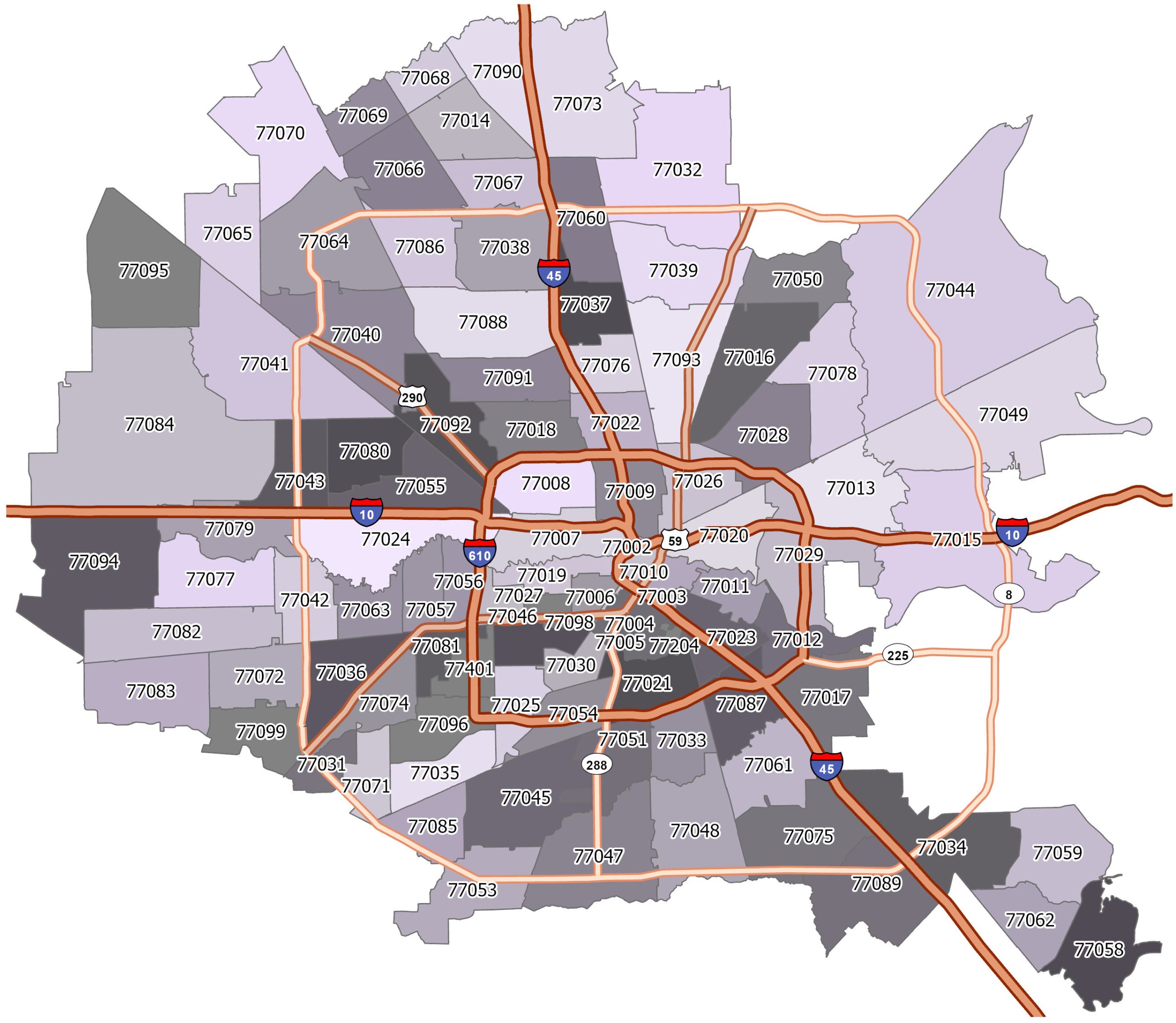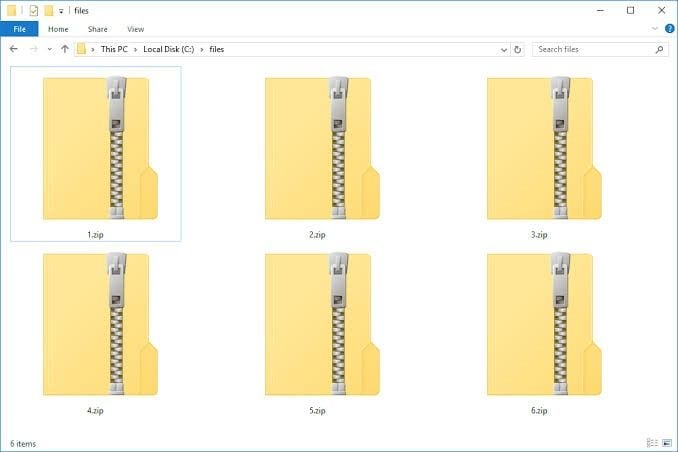Unraveling The Zip Code Of Kenya: Your Guide To Postal Codes Today
Detail Author:
- Name : Dr. Lonzo Russel
- Username : nikolaus.marlin
- Email : jimmie.hane@hotmail.com
- Birthdate : 1981-10-03
- Address : 72404 Chyna Terrace Kenyonborough, MN 57841
- Phone : 1-743-910-4414
- Company : Hermann, Wisozk and Kuhlman
- Job : Tractor-Trailer Truck Driver
- Bio : Vel consectetur ut nemo consequatur sit. Non non est autem quidem quas. Dolorum et consequatur voluptates ipsa iusto. Dolorum itaque et occaecati error.
Socials
twitter:
- url : https://twitter.com/gwendolyn1465
- username : gwendolyn1465
- bio : Expedita sit veritatis est aperiam laborum dolorum quo. Rem et quas voluptatem ea. Aut aut voluptatum cum aut autem porro quisquam.
- followers : 5239
- following : 2127
linkedin:
- url : https://linkedin.com/in/gmckenzie
- username : gmckenzie
- bio : Accusantium sint ut repudiandae qui et.
- followers : 4580
- following : 2270
Have you ever found yourself trying to send something to Kenya, perhaps a letter or a package, and then you hit a bit of a snag when it asks for a "zip code"? It's a common moment of confusion, that, for many people, brings a pause. You see, the way mail gets sorted and delivered can look quite different from one country to the next. What works in one place, like the United States with its familiar ZIP Codes, might not be quite the same system elsewhere, and Kenya is a rather good example of this difference.
Many folks, especially those accustomed to the American postal system, expect to find a five-digit number that pinpoints a very specific street or even a side of a street. This expectation comes from how a "ZIP code" typically works, which, in a way, is a "Zone Improvement Plan" to make mail delivery faster and more efficient. Yet, when you look for the equivalent in Kenya, things seem a little less straightforward, almost a bit different from what you might imagine. This article aims to clear up any questions you might have about Kenya's postal system, showing you just what to expect and how to handle addressing things for successful delivery.
Understanding Kenya's unique approach to postal codes is pretty helpful, especially if you're sending something or just trying to figure out how things work there. We'll go over what Kenya uses instead of the common "zip code," how to find the right information, and why knowing these details truly matters in today's world of deliveries and online shopping. So, stick around to get the full picture of how mail moves across this beautiful East African nation, because it's actually quite interesting.
Table of Contents
- What is a "Zip Code" Anyway?
- Kenya's Postal Addressing System: The Posta Code
- Finding the Right Kenya Postal Code
- Why Accurate Addressing Is So Important
- Common Questions About Kenya "Zip Codes"
What is a "Zip Code" Anyway?
When we talk about a "zip code," we are, in some respects, usually referring to a system that helps organize mail delivery. The phrase "ZIP" itself, in the United States, stands for "Zone Improvement Plan," which was put in place to help speed up mail sorting and delivery. You could, for instance, enter a zip code to see the cities it covers, giving you a quick idea of a general area. This kind of system makes it possible for postal services to break down large regions into smaller, more manageable parts, making sure that mail gets to its destination with a bit more speed.
For example, if you were to look up "Buena Park, California," you would find that it has several of these "zips" assigned to it by the U.S. postal service. This includes standard codes, and sometimes, too, ones for post office boxes. You can often enter a street address along with a city and state, or simply a street address and the zip code, to get very specific information about a location. It's a rather precise way of doing things, helping to direct mail right down to a particular block or building, which is quite useful for a lot of people.
It's worth noting, however, that just because you have a zip code result, it doesn't, in a way, confirm that a person or a company is at that address. These codes are for location identification, pure and simple. They tell the postal service where a place is, not who lives or works there. This distinction is pretty important to keep in mind, especially when you think about how these codes are used in different parts of the world. It's a tool for logistics, really, more than a way to verify occupancy, which is something many people might not fully grasp at first glance.
Kenya's Postal Addressing System: The Posta Code
Now, when we shift our focus to Kenya, the concept of a "zip code" takes on a somewhat different form. Kenya doesn't, you know, use the exact same "ZIP Code" system as the United States, with those five-digit numbers tied to specific street segments. Instead, Kenya operates with a system of "postal codes" that are generally assigned to major towns, cities, or even specific post offices. This approach reflects, in a way, the historical development of its postal services and the distribution of its population, which tends to be centered around these urban hubs and postal facilities.
The system in Kenya is, you know, quite practical for how things are set up there. Instead of a highly granular street-level code, you'll find a five-digit number that points to a larger area, often a town or a city. For instance, Nairobi, the capital city, has a general postal code, and then specific areas within Nairobi might use that same code, but mail is often directed to a Post Office Box (PO Box) within that area. This means that for many people and businesses, a PO Box is the primary way they receive mail, which is, in some respects, a key difference from countries where home or business delivery is standard without a PO Box.
This method has been in place for a long time, and it works pretty well for the country's needs. It's a system that, you know, relies on people having a designated collection point at a post office, rather than relying solely on door-to-door delivery for every piece of mail. This is why when you ask for a "zip code of Kenya," you're usually looking for one of these town-specific postal codes, which then, in a way, directs mail to the appropriate post office where a PO Box holder can pick it up. It's a system built around accessibility to central postal facilities, and that's a rather important thing to remember.
Understanding Kenya's Postal Code Structure
The postal codes in Kenya typically follow a pattern of five digits, and they are, in some respects, quite logical once you get the hang of them. The first two digits usually represent a broader postal region, or a major city, while the last three digits often pinpoint a specific delivery office or a particular town within that region. For instance, the code for Nairobi starts with "00," so you'll see codes like "00100" for the General Post Office in Nairobi, which is, you know, a pretty central point for mail. This structure helps the postal service sort mail to the correct part of the country rather quickly.
It's not, you know, quite like the detailed breakdown you see with some other countries' zip codes, where a single code might cover just a few blocks. In Kenya, a single postal code can cover a whole town or a significant portion of a large city. This means that if you're sending something, you'll need to know the correct town or city postal code, and then, very often, the specific PO Box number. This combination is what truly ensures your mail reaches its intended recipient, because, you know, without the PO Box, it's a bit like sending a letter to a general area without a specific house number.
This system, you see, works because many individuals and businesses in Kenya have rented Post Office Boxes. These boxes are located inside post offices, which is pretty convenient for collection. So, when you're thinking about the "zip code of Kenya," remember that it's more about the town or city code, coupled with a PO Box number, rather than a street address with a precise numeric code. It's a simple, yet effective, way to manage mail distribution across a wide geographic area, and that's something that, you know, makes a lot of sense for the local context.
PO Boxes and Their Place in the System
PO Boxes, or Post Office Boxes, are, you know, a really big part of how mail gets delivered in Kenya. Unlike some places where mail goes directly to your home or business street address, a lot of mail in Kenya goes to a PO Box. These boxes are usually located inside post office buildings, making them a central point for people to pick up their mail. It's a system that has been in use for a long time, and it works very well for many Kenyans, especially in areas where street delivery might not be as common or as developed.
When you're sending something to Kenya, you will, in some respects, almost always need a PO Box number in addition to the town's postal code. The postal code gets the mail to the right post office, and then the PO Box number tells the staff exactly which box to put the mail into. So, for example, if someone lives in Mombasa, you would use Mombasa's postal code, say "80100," and then their specific PO Box number, like "P.O. Box 12345." This combination is what ensures the mail reaches the correct person, which is, you know, pretty important for successful delivery.
It's worth remembering that, you know, the PO Box system is quite different from how many people outside of Kenya might receive mail. It requires the recipient to actively go to the post office to collect their mail, which is, in a way, a common practice there. This setup helps manage mail volume and delivery logistics, especially in places where street naming and numbering might not be as standardized as in some Western countries. So, when you're thinking about the "zip code of Kenya," always consider the crucial role of the PO Box in the overall delivery process, because it's truly a core part of the system.
Finding the Right Kenya Postal Code
Finding the correct postal code for Kenya, especially when you're not familiar with the system, might seem like a bit of a challenge at first, but it's actually quite straightforward once you know where to look. The key is to remember that you're generally looking for a town or city code, not a super-specific street code. So, if you're sending something to someone, the first thing to ask them is their PO Box number and the town where that PO Box is located. That information will usually give you everything you need to know, which is pretty convenient.
For example, if you need to send something to Nairobi, you'll use "00100" for the General Post Office, or a specific code for another area within Nairobi, like "00500" for Karen. You can, you know, often find lists of these codes online, sometimes on the official website of the Kenya Posta (the national postal service). They often have guides and publications to assist you with finding the right code. It's a good idea to check online and get the answers quickly, because that's usually the fastest way to confirm what you need, rather than guessing.
If you have a street address but no PO Box, things can be a little more complex, as direct street delivery is not universal across Kenya. In such cases, you would still need the postal code for the nearest major town or city, and then, you know, it's often a good idea to include a local phone number for the recipient. This helps the postal service or a courier service to coordinate delivery, because, you know, sometimes a direct street address might not be enough on its own. It's a little different from just entering a street address, city, and state to see a specific zip code, as you might do elsewhere.
You can also, in a way, often find helpful resources online that list postal codes by major towns and regions. These resources are pretty good for getting a general idea. Just remember that, you know, a postal code result does not confirm that a person or company is at that address; it simply directs the mail to the correct postal facility. So, always try to get that PO Box number if you can, because it's truly the most reliable way to ensure your mail gets to its destination within Kenya, and that's something worth keeping in mind.
Why Accurate Addressing Is So Important
Getting the address right, especially the postal code, is, you know, absolutely essential for ensuring your mail or package reaches its destination in Kenya without any hitches. Think about it: if the postal code is wrong, your item might end up in a completely different town or even a different part of the country. This can lead to significant delays, or worse, your item might get lost altogether. It's a bit like trying to find a specific house in a big city without a street number; you might get to the right street, but finding the exact house becomes very difficult, which is pretty frustrating.
In today's world, with so much online shopping and international deliveries, accurate addressing has become even more important. When you order something from an online store, say, from another country, that store relies on the correct postal code to send your item to the right place. If the "zip code of Kenya" you provide is incorrect, the package might be returned to the sender, or it could just sit in a post office somewhere, waiting to be claimed. This can cause a lot of headaches, both for the sender and for the person waiting for their package, which is, you know, something nobody wants.
Moreover, accurate addressing helps the postal service work more efficiently. When mail is correctly addressed with the right postal code and PO Box number, it can be sorted and dispatched much faster. This means quicker delivery times for everyone, which is, in some respects, a benefit for the entire system. It also reduces the amount of manual sorting and problem-solving that postal workers have to do, making their jobs a bit easier. So, taking that extra moment to double-check the postal code and PO Box number is truly a worthwhile effort, because it helps everything run more smoothly.
It's also, you know, a matter of trust and reliability. When you consistently send mail that arrives on time because it's correctly addressed, it builds confidence in the postal system. For businesses, this is especially vital, as timely deliveries can impact customer satisfaction and reputation. A small error in a postal code can lead to big problems, potentially costing time and money. So, for all these reasons, paying close attention to the postal code and the full address details when sending anything to Kenya is, in a way, a very smart move, and it's something that can save a lot of trouble down the line.
Common Questions About Kenya "Zip Codes"
Does Kenya use zip codes like the U.S. does?
No, Kenya does not use the same kind of "zip codes" as the U.S. system, which often assigns a code to a very specific street or even a side of a street. Instead, Kenya uses a system of five-digit postal codes that are, in some respects, assigned to major towns, cities, or specific post offices. So, you're looking for a town-level code, rather than a street-level one, which is a pretty big difference. Mail is often directed to a Post Office Box (PO Box) within that town's postal code area, which is how most people receive their mail.
What is the postal code for Nairobi, Kenya?
The main postal code for Nairobi, Kenya, is 00100. This code, you know, generally refers to the Nairobi General Post Office, which is a central hub for mail in the capital city. Other areas within Nairobi might have different codes, but they typically start with "00." For example, Karen has a code like 00500. When sending mail to Nairobi, you'll also need the recipient's specific PO Box number, as that's how their mail is actually collected, which is pretty important.
How can I find a specific postal code in Kenya?
To find a specific postal code in Kenya, the best way is to ask the recipient for their PO Box number and the town where their PO Box is located. With that town name, you can, you know, then look up the corresponding five-digit postal code. The official Kenya Posta website or reliable online directories often provide lists of these codes by town. It's a good idea to confirm the code with the recipient if you can, because that ensures accuracy, and that's truly helpful for delivery.
Knowing about Kenya's postal codes, and how they differ from what some might call "zip codes," truly helps when you're sending something. It's about understanding the local system, which, in a way, is built around towns and PO Boxes. So, next time you need to address something for Kenya, just remember to focus on the town's postal code and the PO Box number, and you'll be pretty much set. Learn more about on our site, and link to this page .


